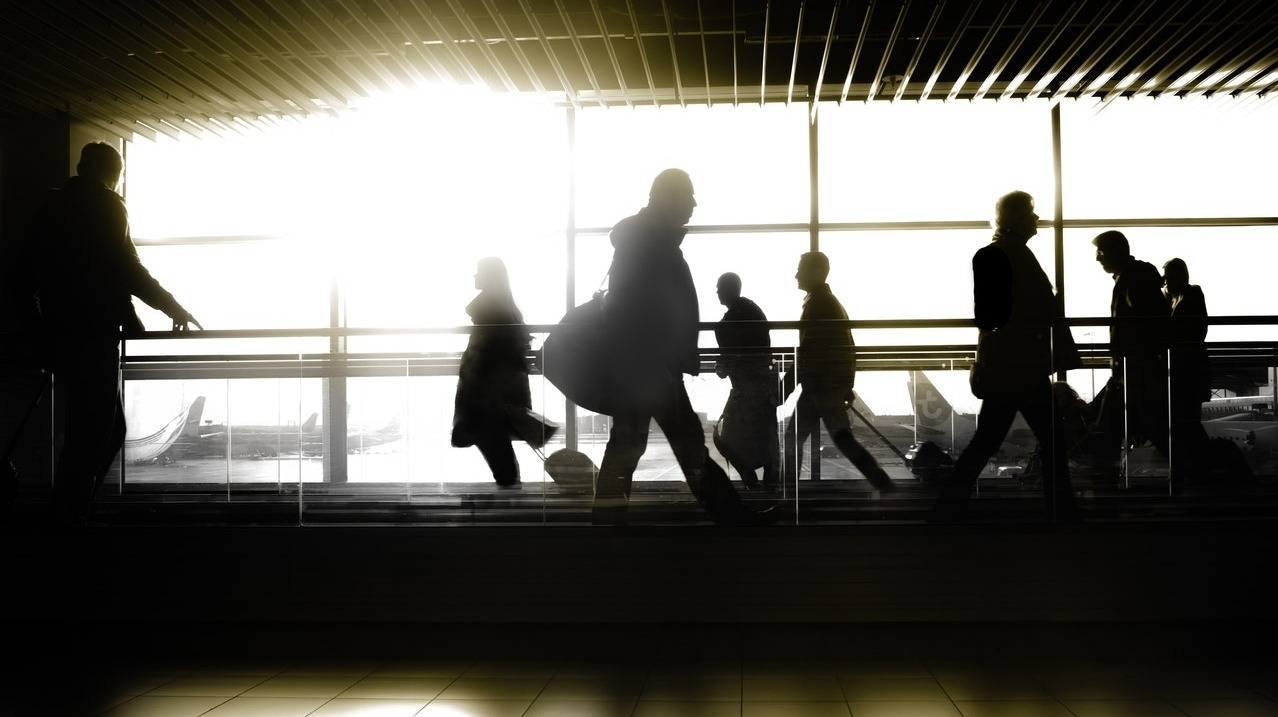
Solo long term-travel has its ups and downs. The lows just come with the experience: the constant goodbyes, disappointments, exhaustion, sickness, injuries, lack of privacy, homesickness, a missed flight, or getting lost, robbed or scammed. These lows are valuable in their own right, but you may find yourself so low and fed up that you feel like going home. And maybe it is in your best interest to go home. On the other hand, there are things that can be changed to improve your mental health on the road, which will make your travel experience much more fulfilling, and the lows much easier to manage. This is especially important if you’re travelling with a pre-existing mental health problem.
Stay in a Private Room
When I stayed in hostels during the beginning of an eight-month round-the-world trip, I was surprised by how comfortable I found the experience of sleeping in a dorm with strangers, especially since I’m pretty introverted by nature. I only looked forward to staying in hostels for the duration of those eight months. But this changed about five months in. Minor nuisances turned into intense frustrations.
Don’t be mean to yourself with your insistence on spending as little as possible. If you’re not enjoying the trip, then it’s not worth it. Spending a few nights in a private room can allow you to recharge and not be silently fuming with rage when you next stay in a dorm.
Slow Down
I packed a lot into my eight-month trip. The main downside to seeing so much is the fatigue that comes from travelling quickly. While I didn’t stay anywhere for less than a few days, the process of packing and getting to the next destination can still grow tiring.
So I ended up changing my plans, missing out on going to some places and just staying put and not doing very much. If you’re not a planner like myself, then you may find that you have to just chill somewhere for a week or longer to avoid dreading the travelling ahead. And if you do like to plan, then plan for some serious rest time.
Call Home
You may be surrounded by people in your hostel and yet still feel alone. This could be a sign of homesickness. You might miss how you can be completely yourself with friends and family, and talk to them openly and honestly. Plus, you’re just sick of backpacker small talk.
If you’re stuck in a rut, then see if you can call a close friend or family member. Honestly, a five-minute conversation can really lift your spirits and make that homesickness vanish. Technology has made long-term travel so much easier in this respect, so use it to your advantage.
Maintain a Healthy Lifestyle During Long-Term Travel
It can be difficult to stay healthy during long-term travel. You may be able to stay fit and uplifted from all the walking and hiking that you’re doing. But if you’re constantly sleep-deprived, drinking, under-eating, or over-eating unhealthy food, then this could have an impact on your well-being.
It may not be as easy or simple to stay healthy on the road or at home, especially if you don’t always have access to a kitchen and can’t afford a private room every night. So what I would highly recommend is an eye-mask and earplugs for hostel dorms. Spend some time in places where drinking isn’t the focus. And eat regular, proper meals.
Take Time to Relax
Whatever you would do on the weekend back home to relax following the work week, do that on the road. You don’t have to see everything or meet everyone or stay out drinking. Stay in bed, draw, go to a park, work out, meditate, take a yoga class, read all day, get a takeaway, watch a film. Whatever it is you feel like doing, do it. Don’t worry about wasting precious travel time. Staying sane is more important than living up to some personal standard – or other people’s expectation – of what you should be doing.